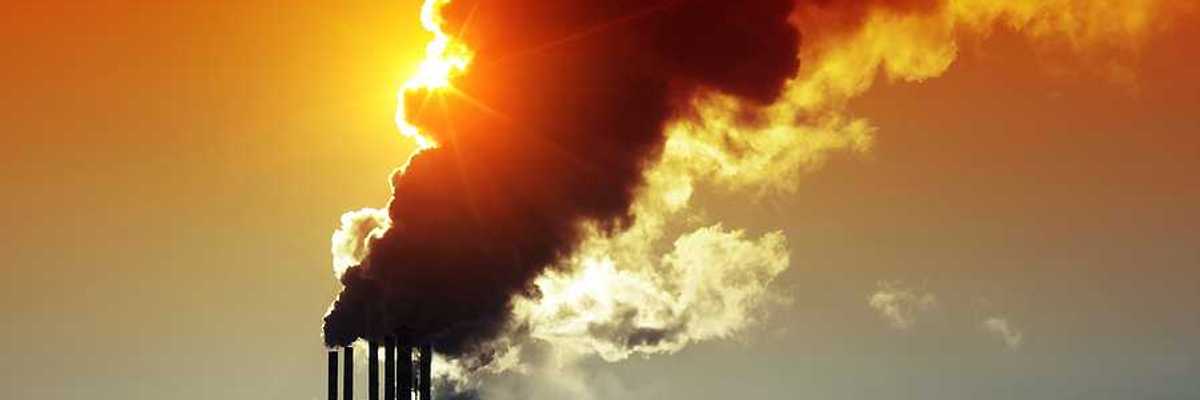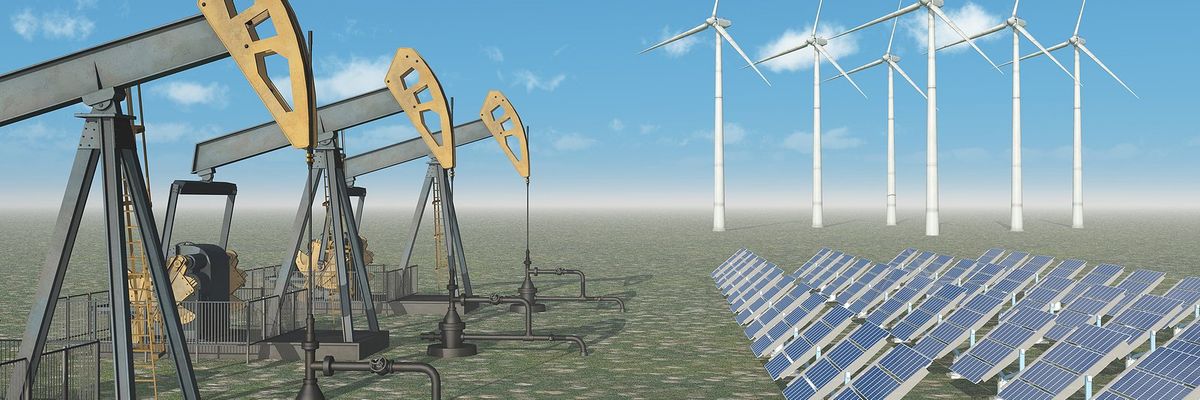adaptation
Alaskan Indigenous communities adapt to climate change
Alaska’s rapid warming forces Indigenous communities like Point Hope to adapt their traditional lifestyles to changing conditions.
In short:
- Alaska is warming up to three times faster than the global average, severely impacting Indigenous communities reliant on ice and wildlife.
- Traditional practices are being adjusted; for example, people in Point Hope adapt by changing their hunting and food storage methods.
- Community projects, like building a pool in Bethel, prepare residents for unpredictable conditions caused by climate change.
Key quote:
“You can’t really change the Arctic. You can only change with the Arctic.”
— Priscilla Frankson, Iñupiaq student
Why this matters:
Indigenous communities’ adaptation strategies offer practical examples for dealing with climate change. As extreme weather becomes more common, these approaches highlight the importance of local, knowledge-based solutions.
Countries neglect children in climate adaptation plans
Many countries' climate adaptation plans fail to address the specific needs of children, with one-third not mentioning them at all, a new study finds.
In short:
- A study of 160 countries shows 28% of national climate adaptation plans do not mention children.
- One-third of plans that mention children only address a single area, such as education, with none addressing mental health.
- Experts cite a lack of advocacy, funding, collaboration, and data as reasons for this oversight.
Key quote:
“Children’s mental health is a crucial public health concern that requires immediate action.”
— Kathrin Zangerl, pediatrician and the Heidelberg Institute of Global Health
Why this matters:
Children are uniquely susceptible to the impacts of climate change, from heatwaves and flooding to food and water insecurity. Yet, despite their heightened vulnerability, the study found that policymakers often overlook the distinct challenges children face. This omission could have serious long-term consequences, not only for their health and development but also for their ability to thrive in a changing world.
UK's climate adaptation efforts deemed inadequate by experts
The UK's strategy for climate change adaptation significantly lacks the depth and urgency needed, as outlined by the Committee on Climate Change.
In short:
- The Climate Change Committee criticizes the UK's National Adaptation Programme for failing to adequately prepare for extreme weather events.
- Despite being an improvement, the current plan overlooks urgent actions and lacks integration with other priorities like net zero and nature restoration.
- The report calls for immediate action to enhance government programs and criticizes the lack of funding and coordination for climate adaptation efforts.
Key quote:
"The evidence of the damage from climate change has never been clearer, but the UK’s current approach to adaptation is not working."
— Julia King, chair of the CCC Adaptation Subcommittee
Why this matters:
With the climate crisis escalating, the UK's inadequate adaptation efforts could pose a risk not just to infrastructure but also to health, food security, and economic stability. Unlike climate mitigation, which aims to reduce or prevent the emission of greenhouse gases, adaptation strategies are focused on adjusting our ways of living to cope with the new realities brought about by climate change. This includes rising sea levels, more frequent and severe weather events, and shifting agricultural zones, among other impacts.
We must adapt to climate change. Can we do it in ways that solve other problems too?
How the flood-prone site of Battleship North Carolina is adapting to a rising sea
Climate change: Bangladesh cultivates a new mindset of adaptation
The Caribbean island of Dominica is adapting its food systems to climate change
For Dominica, cassava is more than a local staple. The humble root vegetable is part of the country’s strategy for enhancing food security, promoting its culture, and adapting to climate change.









